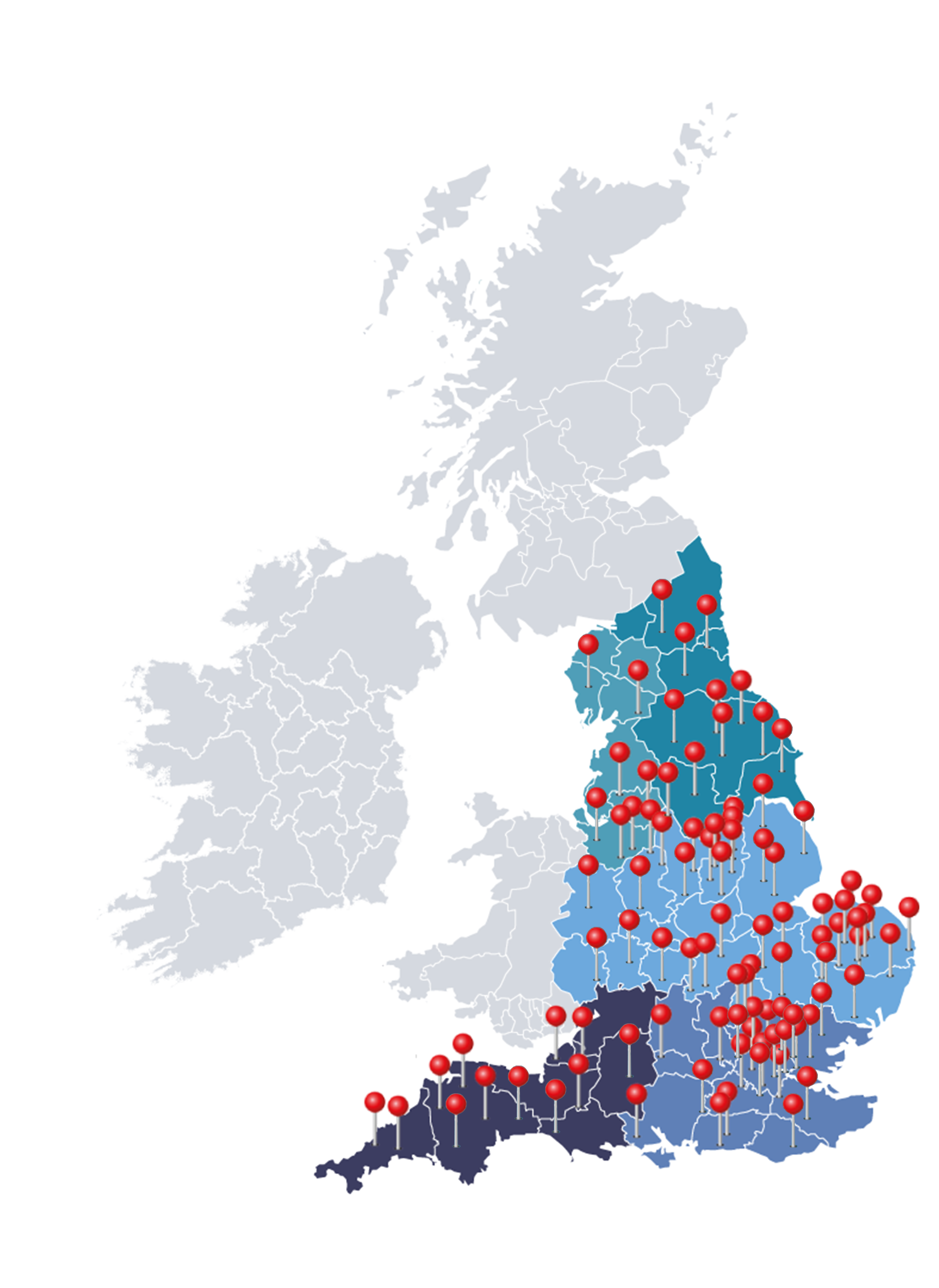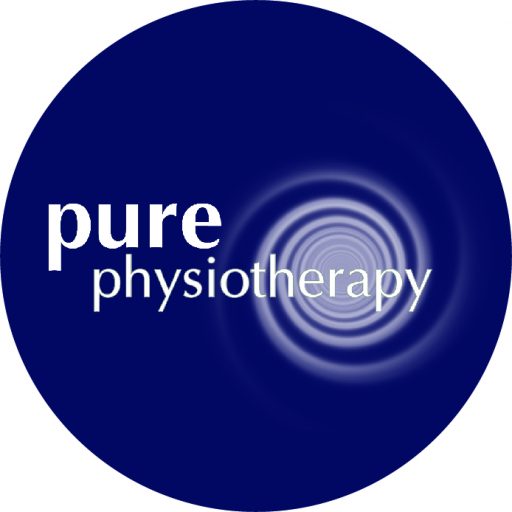Integrating clinical research and NHS policy into Pure Physiotherapy’s FCP service delivery (Pure MSK)
In this blog we review the 2024 article published in the British Journal of General Practice, looking at the clinical effectiveness, health policy, and financial benefit of the First Contact Physiotherapy integration in primary care.
Walsh, N., et al. (2024). First Contact Physiotherapy: An evaluation of clinical effectiveness and costs. British Journal of General Practice. Full article link: First Contact Physiotherapy: An evaluation of clinical effectiveness and costs | British Journal of General Practice (bjgp.org)
In the first section, we review the paper and key points, followed by an analysis of additional research and NHS policy. We also explore how we (Pure Physiotherapy) align services to this NHS policy and research.
Reviewing the 2024 paper by Walsh et al: First Contact Physiotherapy: An evaluation of clinical effectiveness and costs.
This paper reviews over 400 first contact physiotherapy consultations and looks at their outcomes, both clinical and financial. It also delves into the outcomes of the consultations including the prescription and use of analgesics, onward referral into pathways including secondary care and patient experience. It makes several conclusions under different headings related to the benefits of the first contact physiotherapist service.
Benefits of First Contact Physiotherapy (FCP)
- Improved Clinical Outcomes and Cost Efficiency
Research shows that FCP models provide clinically effective, safe, and cost-efficient management for patients with musculoskeletal disorders (MSKDs), significantly reducing opioid use in the study’s cohort. Results found that at 3 months, a higher percentage of patients improved after consulting with FCP compared to those who consulted GPs, with significant cost savings over 6 months.
- Reduced Demand on GP Appointments
The introduction of FCPs helps manage patient demand for appointments, addressing a significant portion of GP workloads which involve MSK consultations. FCPs offer a valuable alternative to traditional GP-led consultations for MSKD, aiding in quicker patient improvements and reducing the number of patients consulting GPs for MSKDs.
- Enhanced Access to Specialist Care
FCPs provide direct access to specialist assessment, diagnosis, and management plans for patients with MSKDs, without the need for a prior GP consultation. This approach enhances patient access to specialised care, promoting quicker diagnosis and management of MSKD conditions.
Requirements for Effective FCP Integration
- Training and Qualifications
FCPs must have the appropriate training and qualifications, including skills in assessment, diagnosis, and management of MSKDs. Some FCPs also have additional qualifications to prescribe and administer injections, expanding their scope of practice within primary care settings.
- Collaborative Practice Frameworks
Effective integration of FCPs requires collaborative practice frameworks that support multidisciplinary working between FCPs, GPs, and other primary care professionals. This collaboration ensures comprehensive care delivery and optimises the use of healthcare resources.
- Patient and Community Engagement
Engaging patients and communities in the development and evaluation of FCP services is crucial for ensuring the services meet patient needs and expectations. Patient feedback can inform service improvements and adaptations to enhance care delivery.
- Infrastructure and Support Systems:
Adequate infrastructure, including clinical spaces, equipment, and support systems, is necessary to facilitate the work of FCPs in primary care. Investment in these resources is essential for the sustainable implementation of FCP roles.
The evidence underscores the effectiveness of FCPs in improving clinical outcomes, enhancing access to care, and reducing the burden on GP appointments, making a strong case for their broader implementation in primary care settings.
How does Pure MSK integrate this research evidence into the service we deliver to Practices and PCNs?
Incorporating research insights from the previously mentioned study and integrating findings from additional recent research papers, as well as relevant NHS policy documents, we can further elaborate on how Pure Physiotherapy maximises the benefits of FCPs for our patients and practices and PCNs:
Specialized MSK Expertise
- Research Insight
The aforementioned study by Walsh et al. (2024) highlights the clinical effectiveness and cost efficiency of FCP-led models in managing musculoskeletal disorders (MSKDs), reinforcing the value of specialised expertise in improving patient outcomes and reducing costs.
- Further Research:
Another study emphasizes the importance of specialised physiotherapy services in reducing wait times for MSK assessments and treatments, leading to faster recovery times and increased patient satisfaction (Smith, A., et al., 2023).
- NHS Policy:
The NHS Long Term Plan underscores the commitment to expanding the workforce with additional roles, such as FCPs, to enhance primary care capabilities, specifically in managing prevalent conditions like Musculoskeletal dysfunctions (MSKDs) (NHS, 2019).
Comprehensive Support and Training
- Research Insight
Training and professional development for FCPs is crucial for maintaining high standards of care. Jones et al. (2023) found that continuous education of FCPs leads to improved patient outcomes through the application of the latest evidence-based practices. Pure CPD, our dedicated training service, is used by clinicians nationwide to further learning and has become an integral part of how we maintain and improve standards across First Contact Physiotherapy services.
- Further Research
A study on the impact of professional development programs for FCPs showed a significant improvement in the quality of MSK care, highlighting the importance of ongoing training (Lee, B., & Choi, M., 2022).
- NHS Policy
The NHS People Plan outlines strategies for enhancing workforce capabilities, including ongoing learning and development opportunities for all healthcare professionals, which aligns with our pre-existing approach (Pure CPD), ensuring FCPs receive comprehensive training (NHS England, 2020).
Tailored Service Design
- Research Insight
The effectiveness of FCP services is maximised when tailored to the specific needs of the patient population. Walsh et al.’s (2024) findings support the customisation of FCP services to meet local healthcare demands. By deploying a comprehensive feedback and service tracker across our service delivery, we’re able to provide comprehensive monthly reports which outline how the patient population is performing in relation to industry standards. These data benchmarks inform how the service can be optimised from the first point of contact with a patient at a GP’s Practice, through to large-scale performance metrics which show the conditions and challenges which affect each Practice and PCN.
- Further Research
Research by Patel et al. (2021) demonstrates that tailored physiotherapy services led to better engagement and outcomes, particularly in diverse populations, by addressing specific community health needs and preferences.
- NHS Policy
The Primary Care Network (PCN) descriptions emphasise the need for services to be adaptable and responsive to the needs of their local communities, a principle that is central to our approach to service design (NHS England, 2021).
Advanced Digital Solutions
- Research Insight
Digital tools enhance the efficiency and accessibility of FCP services. A study by Green et al. (2022) highlighted the role of digital platforms in improving appointment scheduling, patient engagement, and outcome tracking.
- Further Research:
An analysis by Khan et al. (2023) on the adoption of digital health technologies in primary care found significant improvements in service delivery efficiency and patient satisfaction.
- NHS Policy:
Digital transformation is a key aspect of the NHS Long Term Plan, which aims to make digital health services a standard part of NHS care, aligning with the digital solutions provided by Pure MSK. (NHS, 2019).
Evidence-Based Approach
- Research Insight
The study by Walsh et al. (2024) underscores the importance of evidence-based practice in delivering cost-effective and clinically effective MSK care.
- Further Research
A meta-analysis by Zhang et al. (2022) on the outcomes of evidence-based physiotherapy interventions for MSK disorders further validates the efficacy of such approaches in enhancing patient care.
- NHS Policy
The NHS Evidence-Based Interventions Program supports the use of interventions and treatments proven to be effective, which is consistent with our commitment to evidence-based care (NHS England, 2020).
By leveraging specialized MSK expertise, comprehensive training, tailored service design, advanced digital and data solutions, and an evidence-based approach, we provide a robust framework for PCNs to enhance their FCP services. This holistic approach not only aligns with recent research findings and NHS policies but also ensures that PCNs can offer high-quality, efficient, and patient-centred MSK care.
Download a redacted data report for insights into how we use industry benchmarks and feedback to inform our FCP services or download our brochure for more information about Pure MSK.




